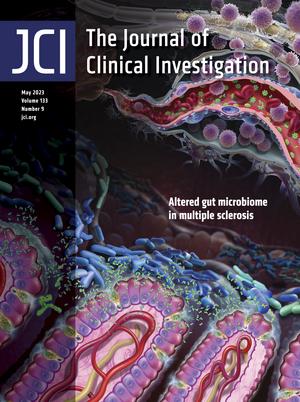
In a recent animal study, researchers from the Brain and Mind Research Institute at Weill Cornell Medicine have found that epsilon toxin — produced by a bacterium found in the small intestine — may trigger the onset of MS and cause continuing symptoms. The study is published in The Journal of Clinical Investigation, https://www.jci.org/articles/view/163239.
Dr. Timothy Vartanian, co-senior author of the new study, said, “There are many mysteries to MS. Why do some people get MS and others don’t, despite similar or identical genetics? What accounts for the episodic nature of relapses and remissions? How is the central nervous system targeted and why myelin specifically? Clostridium perfringens and epsilon toxin may explain many of these mysteries.”
The findings of the new research suggest that the gut microbiota of people, who suffer from MS, contain Clostridium perfringens, the bacteria that produces the epsilon toxin. Epsilon opens the blood vessels in the brain, allowing inflammatory cells to access the central nervous system, the researchers said.
Based on the findings, scientists suggest that treatments targeting the toxin might be potentially useful as disease-modifying therapies.
"A treatment that neutralizes epsilon toxin may halt our patients' new disease activity, far more effectively than current treatment modalities that suppress or modulate the immune system," Vartanian said.

